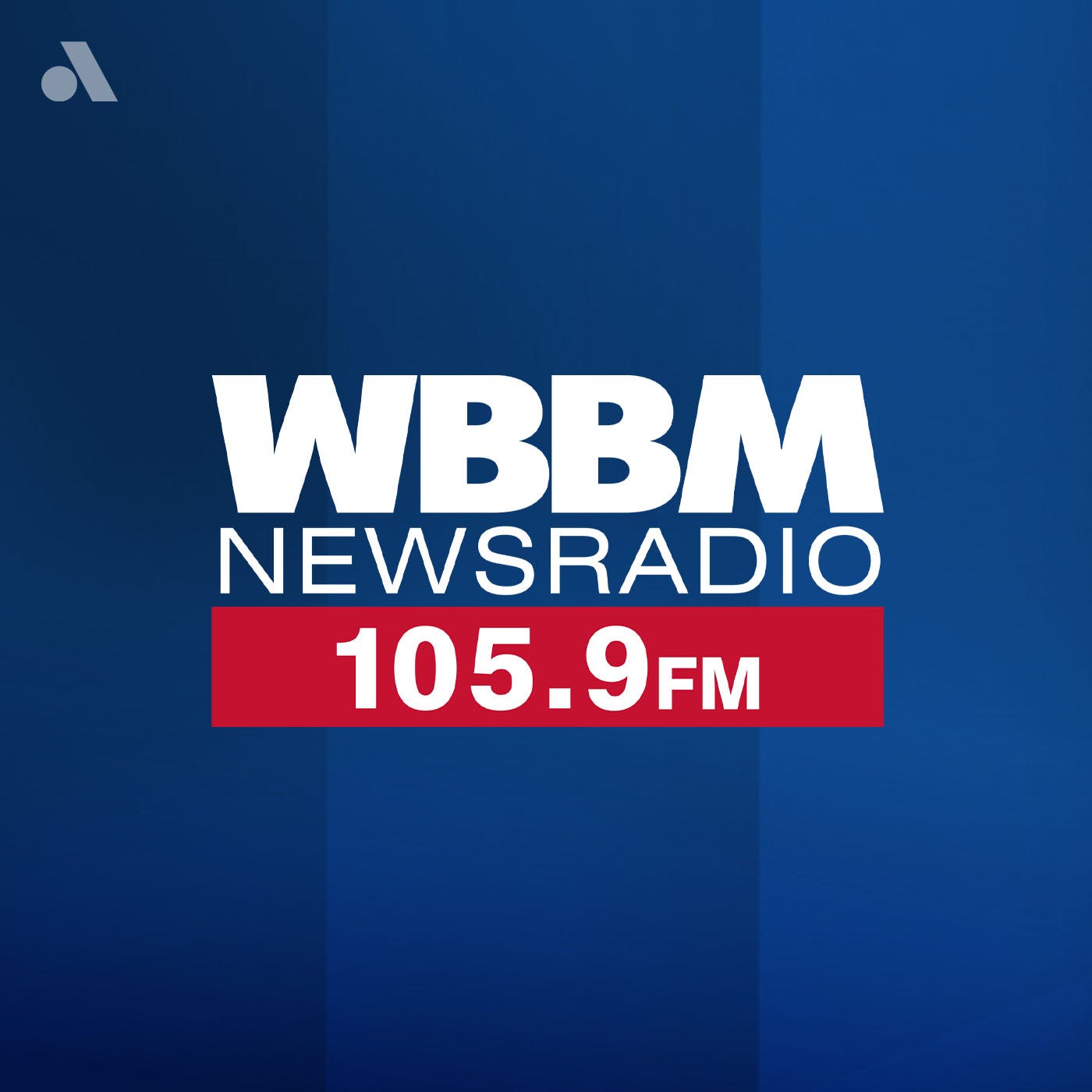
WBBM asked for the Chicago mayoral candidates' responses to five of the top issues facing the city: education, crime, transportation, infrastructure and health.
The 2023 Chicago mayoral election will be held on February 28, 2023. If no candidate receives a majority of votes, a runoff election will be held on April 4, 2023.

Below are the full responses from each candidate to this question:
Health: What are your thoughts on the current COVID-19 policy? How would you handle another COVID-19 wave?
Lori Lightfoot:
"When COVID-19 hit Chicago, it was incredibly important for us to act quickly to protect the health and wellbeing of every single Chicagoan, but also to reduce the disproportionate burden we knew Black and Brown communities would bear. As a City, we set out to forge the most equitable and inclusive response to COVID-19 in the nation — and that’s exactly what we did. We executed a multi-pronged approach to secure PPE for our workers and residents, open free testing centers across the city, including 11 on the South and West Sides, and established community clinics at City Colleges and eventually a mass vaccination site at the United Center.
That was step one, but we didn’t just stop there. To oversee our strategy, we created the “Racial Equity Rapid Response team” to support those disproportionately impacted Black and Brown communities. And once vaccines were available to the public, we launched an effort to vaccinate 82% percent of all eligible Chicagoans before the end of 2021. We reached our target several weeks ahead of schedule in November 2021. To help achieve this goal, we also increased vaccination rates in the city’s 15 most vulnerable communities through Protect Chicago Plus, a program that provided nearly 500,000 at-home vaccinations.
But protecting the health of our city doesn’t just stop at the physical health of our residents. Our local businesses are the backbone of our neighborhoods, which is why we invested $100 million in grants to keep them afloat and help them survive. We distributed more than 42 million meals to families in need and invested $80 million in rental assistance to help folks keep a roof over their heads. And now, as we’re emerging on the other side of the pandemic, I know how important it is to have strong mental health support in neighborhoods because it’s been a tough past few years for all of us. That’s why we raised the mental health budget sevenfold to $89 million in our 2023 budget, which funds mental health resources in all 77 community areas and will increase the number of Chicagoans served annually from 3,500 to 60,000.
In response to this unprecedented pandemic, we made sure to move quickly with a wide scope to meet the needs of all Chicagoans. Our approach wasn’t perfect, but we did what we had to do to keep our communities safe. We learned a lot along the way about how to execute an equitable and inclusive strategy to address public health emergencies, and we set our city up for success down the road."
Willie Wilson:
"When COVID-19 started the city was unprepared. The city did not have face masks for citizens nor the first responders. I gave away free of charge more than 30 million face masks to seniors, first responders and every ward in the city. Under my Administration we will be prepared for the next pandemic. I will not close our churches. The current COVID-19 policy is not working. The city must fully reopen. The mayor must stop operating under an emergency order. We must do everything we can to strengthen the health of our seniors, and other residents. This will help us to get back to normal."
Brandon Johnson:
"The COVID-19 pandemic is still with us. Should there be another COVID-19 wave, my administration will be ready to work collaboratively and cohesively with the CDPH, city agencies, community organizations and all levels of city, state and federal government to implement the necessary mitigation."
Ja'Mal Green:
"I believe that public health issues, including pandemics such as COVID-19, need to be addressed through a data-driven, science-based approach with consideration to ensuring equity and prioritizing health."
Kam Buckner:
"We led the charge on a comprehensive Covid response plan in 2020 in Springfield, with a strong point of view from the Legislature and Governor. Though the Mayor dragged her feet on getting started, she eventually got on board which helped our city tremendously. Ultimately, the city was slow to get testing sites and vaccines up and running, especially for communities of color (ZIP codes like 60616 were the hardest hit and had no resources).
In the event of another Covid-19 wave, we have to follow the science quickly. We also have to be able to protect our ability to function as a society: that means setting up risk thresholds for Chicago so that we don’t compromise day-to-day life while still keeping our people safe. That looks like creating safe ways to keep schools and businesses open while preventing further spread of Covid-19 through prudent measures. I will also make sure that there is a real plan in place to get students access to reliable broadband if CPS ever does have to go back to remote learning.
Finally, I will prioritize better coordination with State, County, and Federal entities so we can have a united front and maximize getting the resources we need quickly and efficiently. The City pushed back for so long that it slowed us down."
Jesus "Chuy" Garcia:
"From a mental health crisis, to losing so many kids from CPS, the pandemic has had deep impacts on our city in almost all regards. While I do acknowledge that the Mayor, like all Mayors, was dealt a difficult hand here, she has not been up to the challenge. She has not built coalitions with Springfield, private industry, and our many community organizations to deliver adequate relief to Chicagoans. As we prepare for future waves of COVID or even future pandemics, we need a better, more holistic public health strategy that meets the needs of citizens on their terms and empowers community leaders to do crucial outreach. That's why I am calling for greater integration with the county health system. Nonprofit organizations should also be part of this overall effort but not the only partners.
Here are a few of my top priorities as we continue to build back from the pandemic:
1. CPS has to find and re-engage with the students they lost during the pandemic. Those children need our help. They are vulnerable. We need to find them. We need to bring them back into the system and provide all the support they need to get back on track. To do this we need the proper administrative support, social services resources, and mental health staff in our schools to re-engage and retain our students.
2. The pandemic brought pain, loss, and isolation. And our city is in a mental health crisis. We need to reopen the mental health clinics, but that’s not enough. We need expanded services provided in places where there currently are none. I will expand the availability of mental health services to Chicagoans. I’ve been busy in Congress delivering billions in federal dollars to build new health centers and expand hospitals in our disinvested communities. As Mayor I will work with the County health system to add local mental health clinics and expand existing City clinics to provide mental and behavioral health services which would add more resources at the local level.
3. While I was proud to deliver billions in federal funds to keep our city afloat and many small businesses from shutting their doors, I know that the pandemic has hit our city's economy very hard. We have a crucial opportunity to build a more equitable, inclusive economy for our city. We achieve this by investing in our communities, expanding access to jobs and training, making childcare affordable and universal, and partnering more closely with our city colleges. Our city also needs to work more closely with nonprofits and private industry to expand pre-apprenticeships and career pathways that level the playing field for all workers, especially women and people of color."
Roderick Sawyer:
"The thing we needed before this happened was a plan - and we didn't have one. I don't criticize our current mayor for not having a COVID plan - no mayor before her did. But now that we have seen this possibility, we must have a plan we update every year or two so we can meet another pandemic much better equipped.
Where I do think the mayor failed us during this pandemic is in her autocratic handling of the unrest that happened during it - some due to the boredom and despair that came during the lockdown, and some due to the concurrent social unrest after the George Floyd murder. Our mayor managed to alienate both the protesters (raising bridges) and police (endless overtime, exhaustion and constant criticism) at the same time. I wouldn't have thought that possible.
We need a mayor who can raise to meet these moments with compassion and caring, not combativeness."
Paul Vallas:
"I believe that the city’s existing COVID-19 policy is adequate to meet current public health needs. It is critical going forward to follow the science and not bend to political imperatives. While public health imperatives were clearly the top consideration, the city’s response to COVID-19 and the policies that were implemented were lurching and routinely reflected the influence of special interests. That often resulted in confusion, conflicts, and mixed messages.
Too little has been done to do the needed education and outreach in our Black and brown communities -- where vaccination and booster rates remain low amidst populations whose co-morbidities run high -- to overcome their fear and mistrust of government public health programs. Finally, President Biden has announced the dissolution of all public health national emergency orders related to COVID. That takes full effect only because there is time needed for wind down and transition from the support and resources tied to the emergency orders and not because there is a public emergency that justifies those measures any longer. The State should follow suit, with greater speed, and the City of Chicago should stop hiding behind the repeatedly extended state health emergency declarations as an empty excuse for continuing to hold public hearings virtually and not in person."
Sophia King did not respond to this question.
Read the full list of questions asked of the candidates here.
